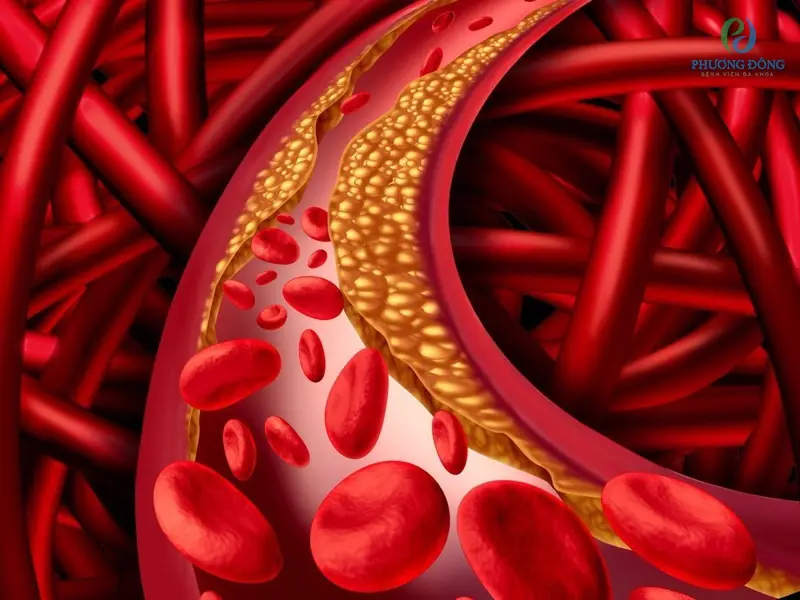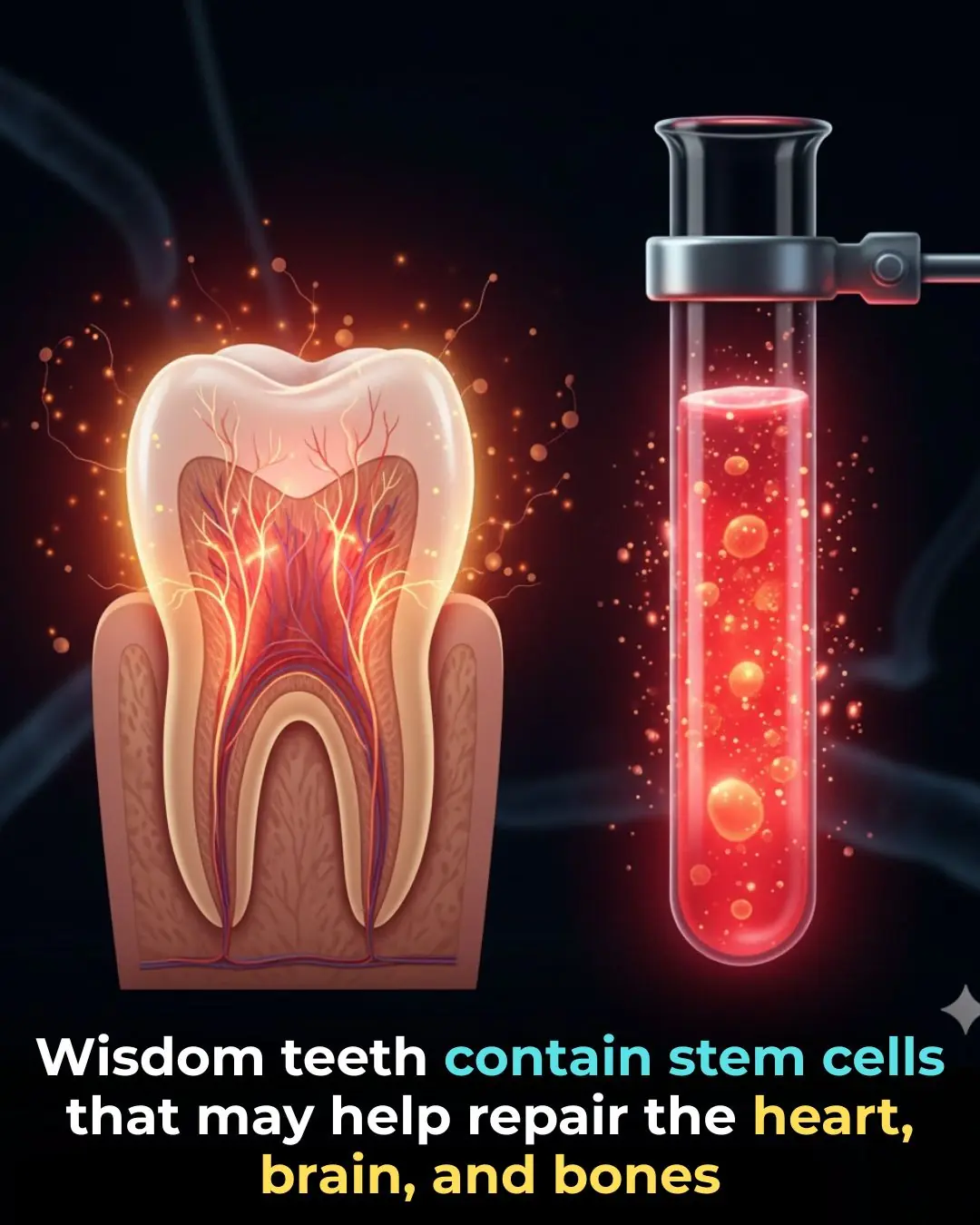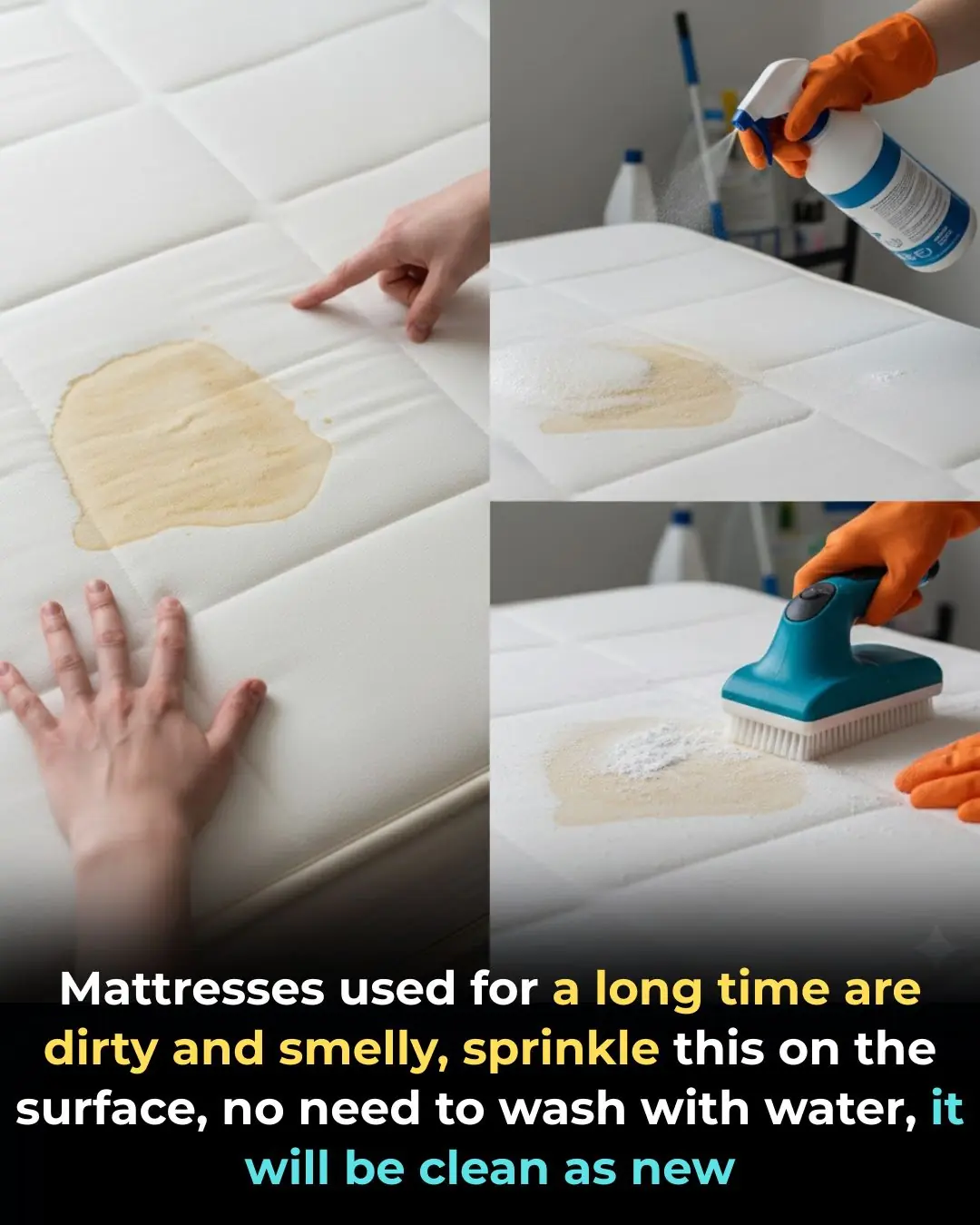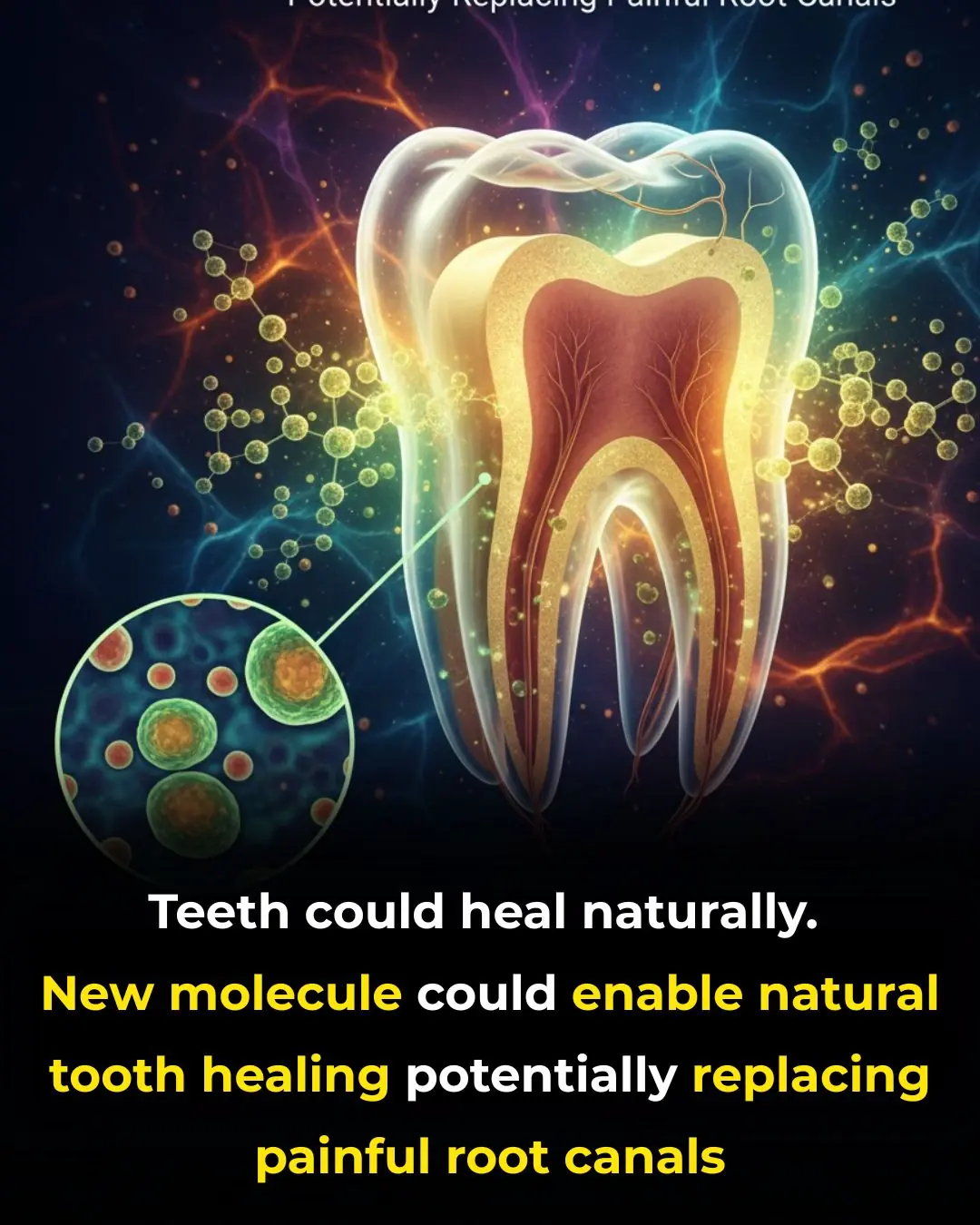
Natural Plaque-Removal Tricks That Actually Work
Maintaining good oral hygiene is essential not only for a bright smile but also for overall health. Plaque, a sticky film of bacteria that forms on the teeth, is the leading cause of cavities, gum inflammation, and bad breath. While modern dentistry offers many professional solutions, a growing number of people are seeking natural, evidence-based methods to support their daily oral care routines. Fortunately, several natural techniques have been studied and shown to help reduce plaque buildup effectively when used consistently and correctly. Although these methods are not replacements for professional cleanings, they can serve as valuable additions to a healthy routine.
One of the most well-known natural approaches is oil pulling, an ancient Ayurvedic practice. Most commonly performed with coconut oil, oil pulling involves swishing a tablespoon of oil in the mouth for ten to twenty minutes. Coconut oil contains lauric acid, a compound known for its antimicrobial properties. Studies have shown that oil pulling can significantly reduce harmful bacteria such as Streptococcus mutans, which plays a major role in plaque formation. By reducing bacterial load, oil pulling may help limit plaque buildup and promote fresher breath. Although it requires patience and consistency, many people find it to be a simple and effective addition to their morning routine.
Another natural ingredient gaining attention is baking soda, or sodium bicarbonate. Baking soda has mild abrasive properties that help break down plaque without damaging enamel when used gently. It also creates an alkaline environment in the mouth, making it difficult for acid-producing bacteria to thrive. Toothpastes containing baking soda have been found to be more effective at plaque removal than those without it. Using it directly, however, should be done carefully—simply dipping a wet toothbrush in a small amount of baking soda once or twice a week is enough to support oral cleanliness without over-abrasion.
Green tea is another evidence-supported option for fighting plaque. Rich in antioxidants such as catechins, green tea helps reduce inflammation and inhibit bacterial growth in the mouth. Regular consumption of green tea has been linked to improved gum health and reduced plaque accumulation. Some mouthwashes made with green tea extract have demonstrated antibacterial effects similar to conventional mouthwashes but without harsh additives. Drinking a cup of green tea daily not only benefits your overall health but can also contribute to a cleaner, healthier mouth.
Additionally, xylitol, a natural sugar alcohol found in many fruits and plants, has become a popular ingredient in sugar-free gums and oral-care products. Unlike regular sugar, xylitol cannot be metabolized by oral bacteria. When bacteria absorb xylitol, they lose their ability to grow and produce acids, leading to decreased plaque formation. Chewing xylitol gum after meals stimulates saliva production, which further helps wash away food debris and neutralize acids. Clinical research supports xylitol as a safe and effective tool for reducing plaque and preventing cavities.
Herbal remedies such as aloe vera and clove oil also offer natural antibacterial properties. Aloe vera gel, when used in toothpaste or mouthwash, has been shown to reduce plaque nearly as effectively as standard chlorhexidine mouthwashes. Clove oil contains eugenol, a powerful antiseptic commonly used in dentistry. Diluted clove oil can help control bacteria and soothe gum irritation, though it should always be used in moderation to avoid sensitivity.
While natural plaque-removal strategies can be surprisingly effective, their success depends on consistency and proper use. It is important to remember that these methods complement, not replace, essential habits such as brushing twice a day with fluoride toothpaste, using dental floss, and visiting a dentist regularly. When combined with good oral hygiene practices, natural remedies can enhance oral health, freshen breath, and provide a more holistic approach to dental care.
News in the same category


Health problems that improve with vitamin B12 (and how to use it)

The 70-year-old blood pressure drug scientists say may help stop deadly brain tumors

These 4 common prescription drugs may be silently damaging your nerves

The #1 fastest way to reverse liver and kidney damage

The protein sources that build your body vs. the ones that waste your money

Warning! legs weaken first — 3 exercises every person over 50 must do

Powerful Foods That Help Prevent Clogged Arteries And Keep Your Heart Feeling 20 Again

I used castor oil for neuropathy – here’s what happened in 30 days!

What Is The Normal Blood Pressure For Each Age

How Two Quiet Hours a Day Can Rebuild Your Brain

Rose Essential Oil: New Research Shows 30 Days of Aromatherapy May Boost Gray Matter Volume

Italy’s Porous Streets: A Quiet Innovation That Lets Cities Breathe Again

🦵 Swollen Legs and Feet: Causes, Symptoms & Natural Relief Methods

🌿 If You Have These Two “Dimples” on Your Lower Back, Here’s What They Mean

How Wisdom Teeth Could Power the Next Generation of Regenerative Medicine

This one vitamin could help stop you from waking up to pee every night

Scientists uncover how chronic stress may starve the brain of blood flow

Japan's Oldest Doctor: Can’t Sleep Through the Night? Use Garlic This Way for Deep Rest in 3 Nights
News Post

Take the meat from the freezer and it's hard as bricks

Your Mattress Getting Dirty and Smelly? Sprinkle This on the Surface — No Water Needed, and It’ll Look Fresh Again

Sink Trick You Should Always Do Before Vacation

My nana taught me this hack to make dusty blinds sparkle in 2 mins with 0 work

How To “Remove” All The Chemicals Out Of Store-Bought Chicken

Stadiums of Sanctuary: A Winter Refuge Beneath South Africa’s Grand Arenas

Newly Discovered Molecule Could Allow Teeth to Heal Naturally, Transforming the Future of Dentistry

If You Want Your Meat to Stay Fresh Longer, Make Sure to Do This One Extra Step Before Refrigerating

Sweden Turns School Lunchrooms Into Forest-Inspired Sanctuaries to Boost Student Well-Being

Heated Sidewalks and Cold Mornings: Iceland’s Quiet Revolution in Winter Comfort

When Pleasing Others Hurts Your Health: New Study Links People-Pleasing to Autoimmune Risk

Knives become dull and rusty after long use. Remember these 5 easy ways to clean them. No matter how rusty your knife is, it will still be shiny and sharp

Why We Sleep With ‘T-Rex Arms’: A Self-Soothing Posture Linked to Stress and Neurodivergence

Choose the Longest Line

Scientists say this nutrient may hold the key to reversing heart disease

Health problems that improve with vitamin B12 (and how to use it)

The 70-year-old blood pressure drug scientists say may help stop deadly brain tumors

France Turns Forgotten Railway Tunnels into Poetic Winter Shelters for the Unhoused

Rose Essential Oil May Boost Brain Structure: New Study Reveals Increased Gray Matter Volume
